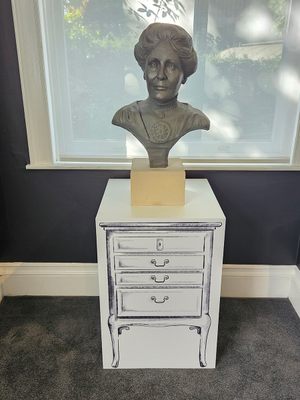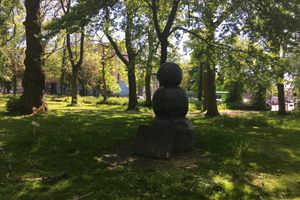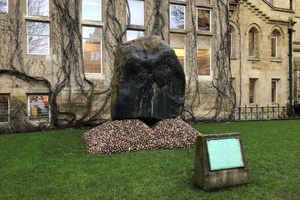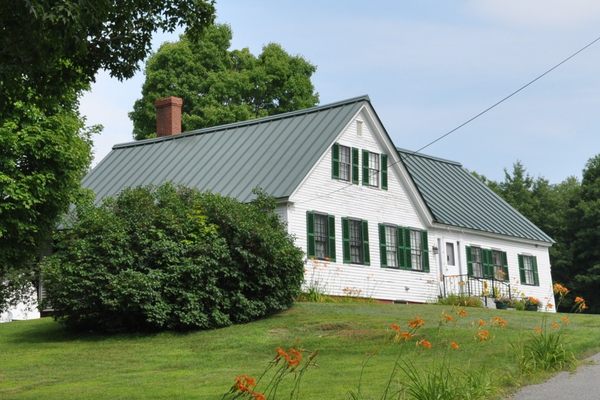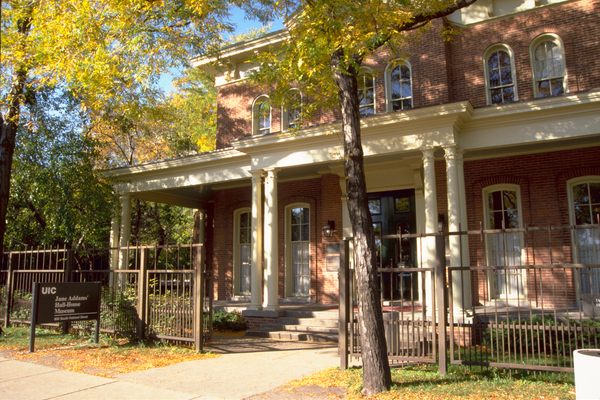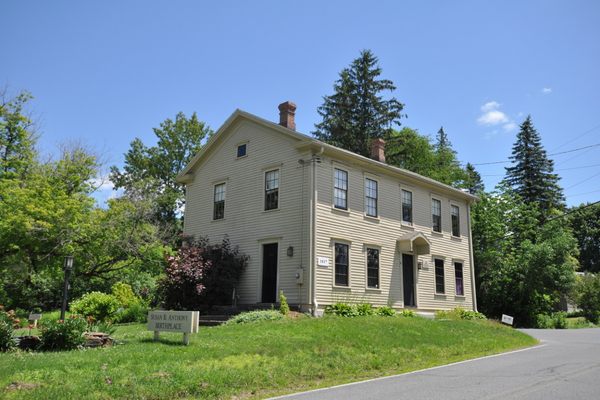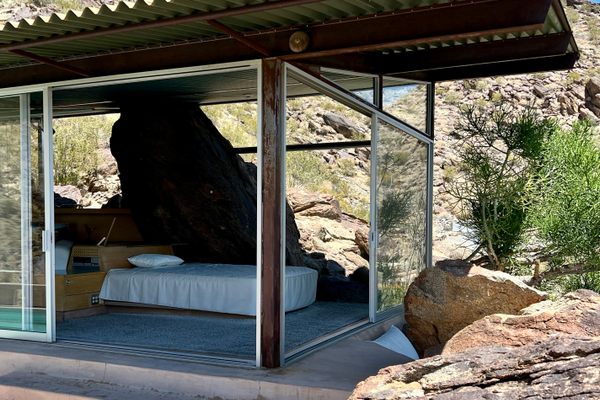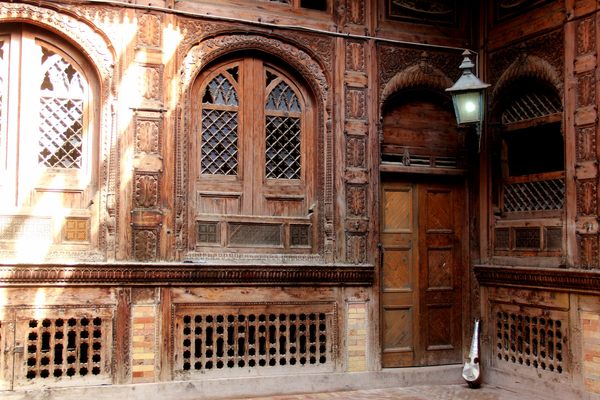About
The campaign for women’s right to vote in the United Kingdom was relatively slow. The first debate on women’s suffrage in Parliament was in 1870, but the members of Parliament resisted granting this right for decades. Given the lack of progress, Emmeline Pankhurst founded the Women's Social and Political Union (WPSU) in 1903 to campaign for women's voting rights. Pankhurst’s daughters Christabel, Sylvia, and Adela were all heavily involved as well.
Initially, the WSPU’s protests took the form of civil disobedience and other disruptive activities, but later, the group became more violent (or “militant”), which included acts of vandalism such as breaking shop windows. Many suffragettes, including Emmeline and Christabel Pankhurst, went to prison, where they conducted hunger strikes. Eventually, though, the WSPU’s activities wound down, and the group disbanded in 1917. The next year, the right to vote was granted to women over the age of 30, and women over 18 were given full voting rights in 1928.
From 1898 to 1907, Emmeline Pankhurst and her family lived at 62 Nelson Street, which today is located south of the center of Manchester near Manchester Royal Infirmary. The first meetings of the WPSU were conducted within this modest two-story home. In 1974, the house and the adjacent building were recognized as historically significant and were given listed status. After the threat of demolition in 1978, the buildings underwent restoration.
Today, the location is a small museum dedicated to telling the history of the campaign for women’s rights within the United Kingdom. Visitors can now step into the rooms where the Pankhurst family and other suffragettes planned their campaign for the right to vote and learn about the challenges women still face today.
Related Tags
Know Before You Go
The museum is open on Thursdays and Sundays from 11:00 am to 4:00 pm. Admission to the museum is free. The site is located on a side street near the Manchester Royal Infirmary, which is south of both Manchester City Centre and the University of Manchester. A multi-storey parking garage is located nearby, and multiple buses travel from the city center to the area.
Community Contributors
Added By
Published
November 10, 2023

